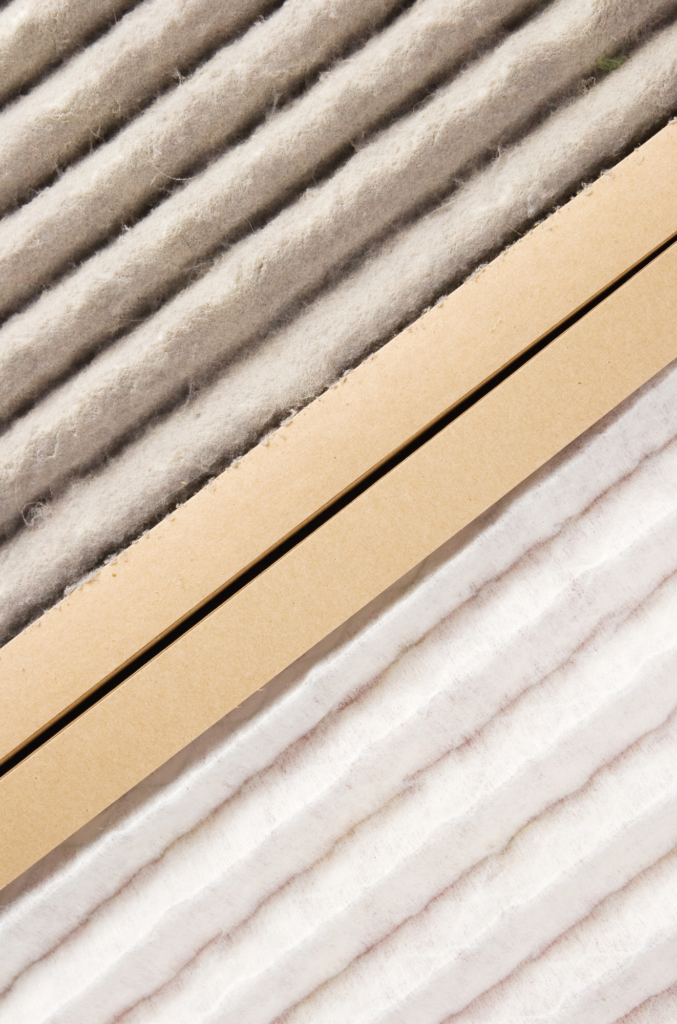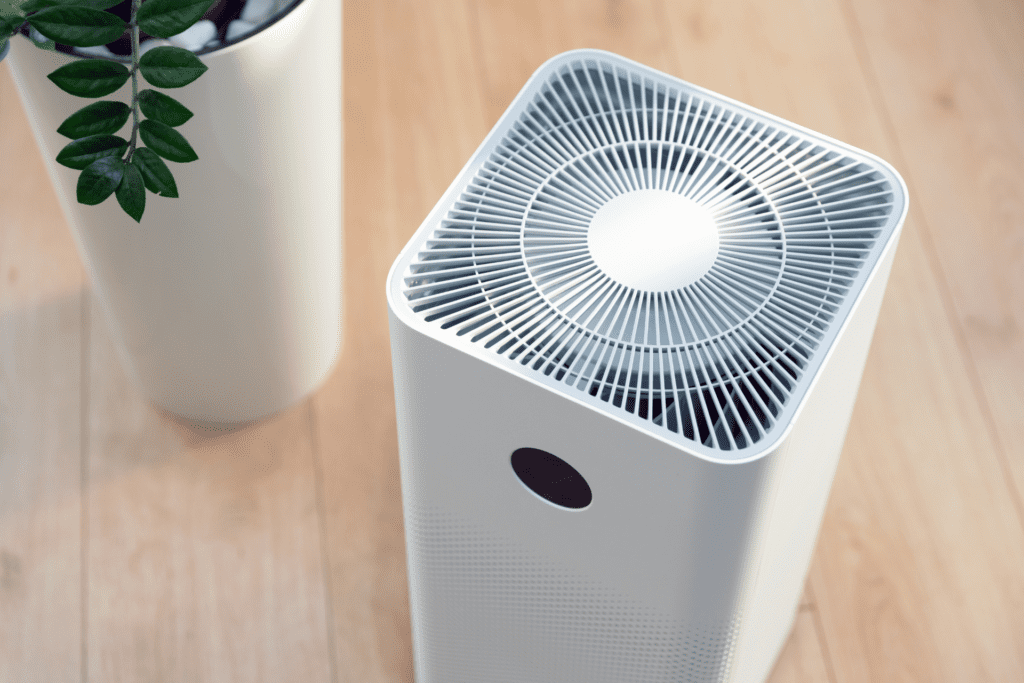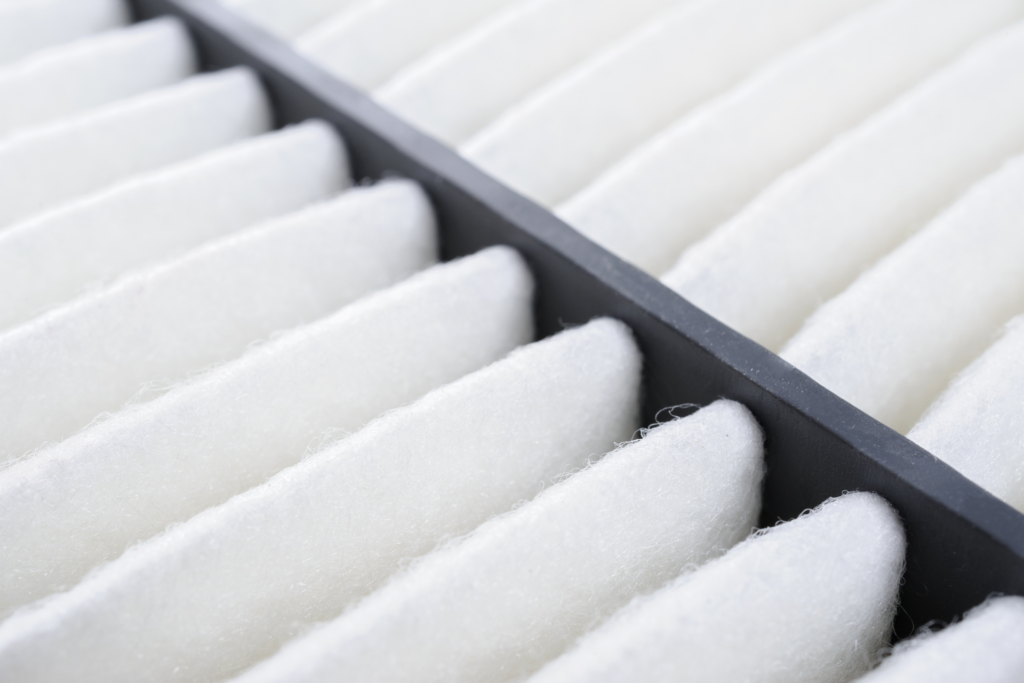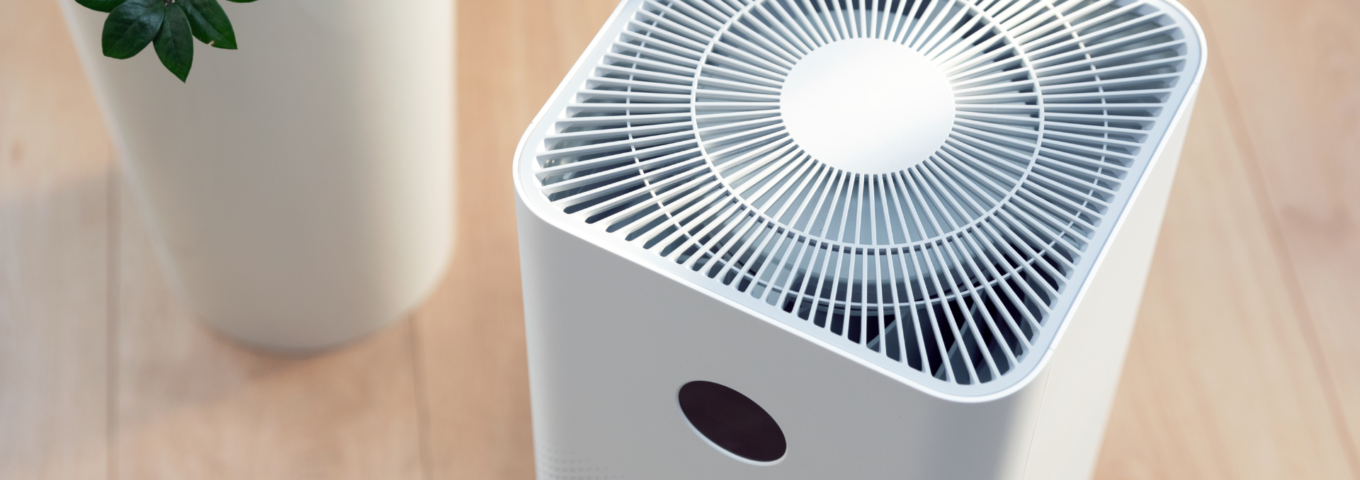What is the HEPA Filter MERV Rating?
What is the HEPA Filter MERV Rating?
 We’ve talked before about MERV ratings, but we haven’t broken down the comparison between MERV filters and famously efficient HEPA air filters – until now! This month, as we prep for the spring season ahead, we’re diving deeper into MERV, HEPA, and how the rating for HEPA stands up to MERV-rated filtration. Let’s take a look!
We’ve talked before about MERV ratings, but we haven’t broken down the comparison between MERV filters and famously efficient HEPA air filters – until now! This month, as we prep for the spring season ahead, we’re diving deeper into MERV, HEPA, and how the rating for HEPA stands up to MERV-rated filtration. Let’s take a look!
Air Filters, Indoor Air Quality, and Why Ratings Matter
Maintaining excellent indoor air quality is essential to our well-being. After all, what we breathe in our homes impacts our comfort and respiratory health! There are a few ways that we can improve our IAQ: air filtration systems, UV lights, dehumidifiers, and more. And one of the most important is your air filter.
Our HVAC systems’ air filters are critical in improving indoor air quality. Air filters are the first line of defense against airborne contaminants in your home. As air passes through our AC systems, the filter traps and holds various air particles, including dust, pollen, mold spores, and microscopic bacteria and viruses. But filters’ rating, or efficiency, directly impacts the type and size of air pollutants removed from the air inside your home. While both MERV rating filters and HEPA filters act as air purifiers, the filtering efficiency of each is very different.
So, when would you use HEPA filters, and when would you use MERV filters? Let’s break it down.
HEPA Filter MERV Rating: High-Efficiency Particulate Air Filters
A HEPA filter is a pleated mechanical air filter that can clean air more effectively, and the filter’s ability to capture smaller particles is what makes it useful for specific types of HVAC units, commercial buildings, and other environments.

HEPA air filters can trap 99.97% of particles that are up to 0.3 microns in diameter, making these mechanical air filters best to remove particles that are incredibly small, like tobacco smoke, fine dust, airborne pathogens, and even powdered carbon. Their high efficiency makes them ideal for hospitals and medical environments that need to capture microscopic respirable-sized airborne particles.
However, HEPA-rated filters are not designed for your home ventilation system or HVAC system – the higher filter efficiency creates too much air resistance to be used as an HVAC filter. Instead, many spaces can use a standalone air purifier in addition to your system’s regular air filter. These high-efficiency filters are an excellent choice for those looking for superior air quality, especially if household members suffer from allergies or asthma.
Who Needs HEPA Air Filtration?
As we’ve said, most homes will only use a standalone HEPA device to avoid having a pressure drop in their heating and cooling systems. However, some commercial spaces need that higher efficiency filtration.
The most common examples of HEPA usage are in places where extreme levels of contamination control are vital:
- Hospitals
- Pharmaceuticals
- Medical Device Manufacturing
- Hard Drive Manufacturing
- Nuclear Facilities
- Laboratories
MERV: Minimum Efficiency Reporting Value
 The MERV rating system is created from the ASHRAE test protocol, a test method developed by the American Society of Heating, Refrigerating, and Air Conditioning Engineers (ASHRAE). The MERV scale rating system compares the performance of different filters designed to capture particles that are between 0.3 microns and 10 microns. MERV stands for Minimum Efficiency Reporting Values, and the MERV rating chart ranges from 1 to 16.
The MERV rating system is created from the ASHRAE test protocol, a test method developed by the American Society of Heating, Refrigerating, and Air Conditioning Engineers (ASHRAE). The MERV scale rating system compares the performance of different filters designed to capture particles that are between 0.3 microns and 10 microns. MERV stands for Minimum Efficiency Reporting Values, and the MERV rating chart ranges from 1 to 16.
Larger particles like pet dander, dust mites, mold, and pet hair are caught as air moves through your AC system. The higher the rating, the better the filtration. A MERV 13 filter is the lowest efficiency filter that you should use in your home, but it still means that you get fewer contaminants in your space. Most people use MERV 13 to 16 in their homes.
What is the Equivalent HEPA Filter MERV Rating for HEPA Filters?
HEPA filters are not MERV air filters, but they still have a comparable MERV-rated number.
HEPA, a mechanical filter rating system, ranks at MERV 17 or higher, depending on the particle size that it can trap.


